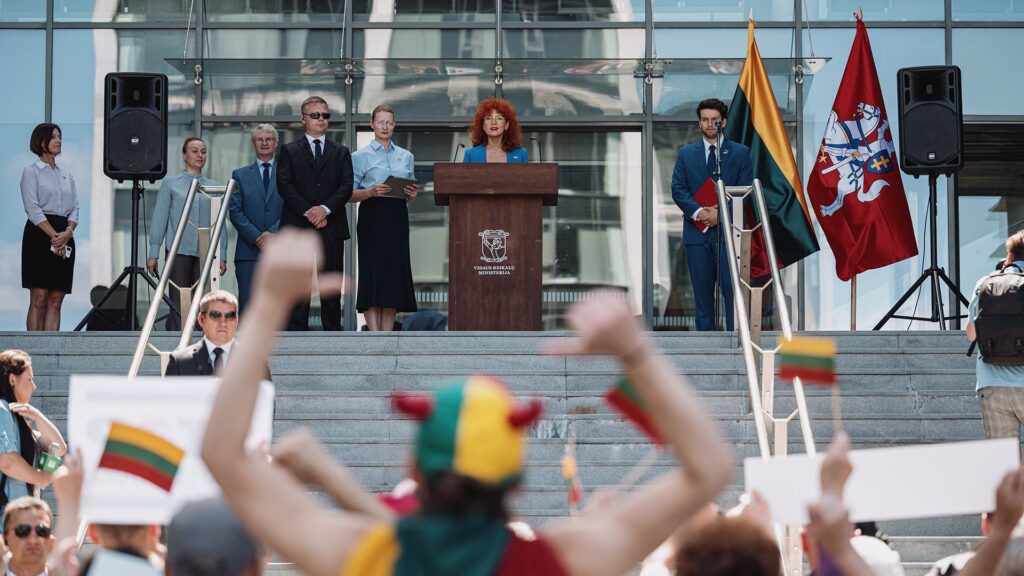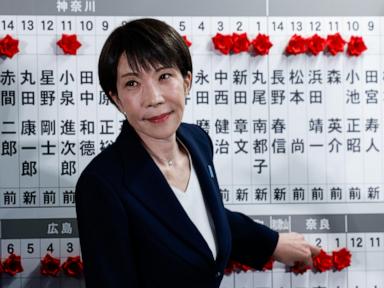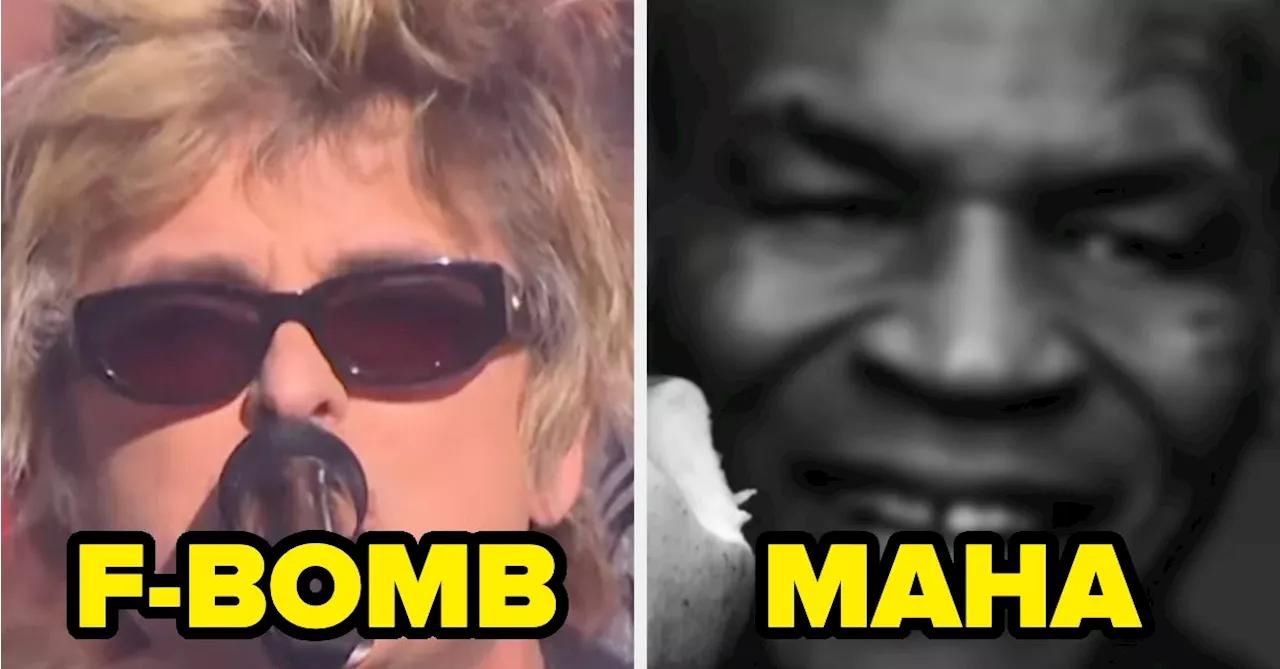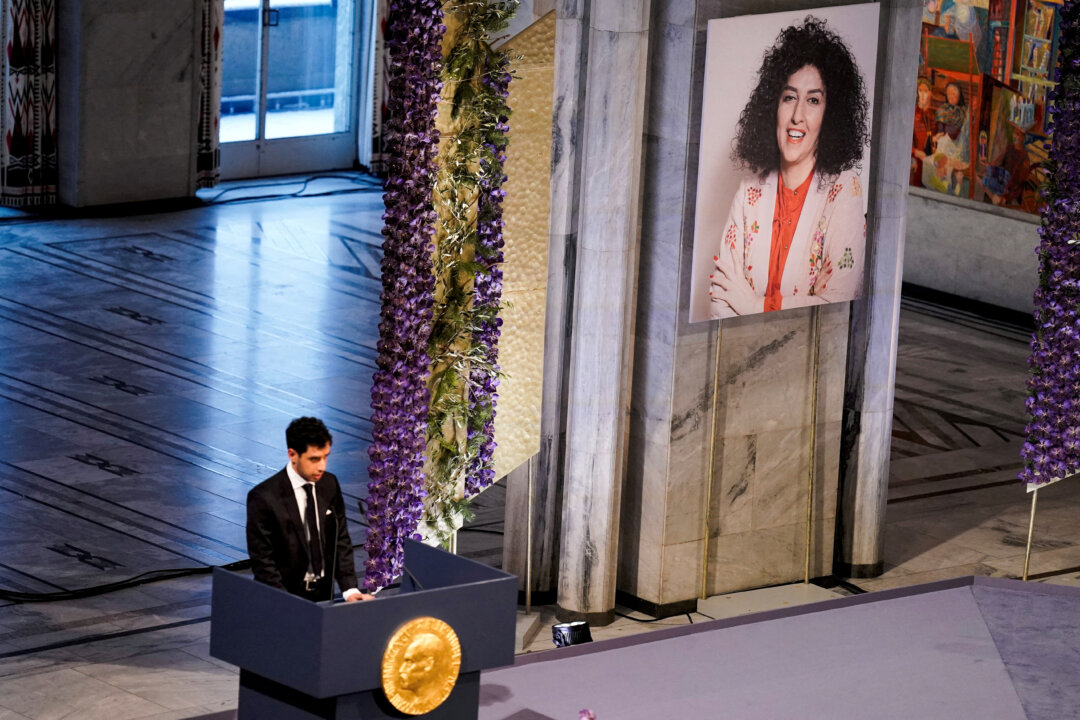
Lithuanian writer-director Romas Zabarauskas is set to captivate audiences with his new crime drama, The Activist (Lithuanian: Aktyvistas), which will premiere internationally at the 29th Tallinn Black Nights Film Festival on November 17, 2023. This noir thriller has already gained significant attention in Lithuania, where it has performed well at the box office.
The film features Robertas Petraitis as Andrius, a man grappling with grief and guilt after the murder of his secret lover, Deividas (played by Elvinas Juodkazis), who was a prominent human rights activist. As Andrius struggles to come to terms with his loss, he is also faced with the challenge of navigating his own fears regarding coming out and supporting the LGBTQ+ community amidst the planned first-ever LGBTQ+ march in Kaunas. The plot thickens as neo-Nazi groups threaten the marchers, prompting Andrius to undertake a covert investigation in a landscape rife with mistrust.
Alongside Petraitis, the cast includes Vaslov Goom as Bernardas, a member of the activist group Rainbow, and Redita Dominaityte as politician Rolanda Markeviciene. The film further delves into the complex dynamics of loyalty and morality, with characters like Laima (played by Tekle Baroti) torn between conflicting allegiances and the looming threat posed by neo-Nazis Mykolas and Rytis, portrayed by Karolis Kasperavicius and Arnoldas Augustaitis.
Zabarauskas co-wrote the film with Marc David Jacobs and Vitalija Lapina, marking the third installment in his thematic queer trilogy, which includes The Lawyer (2020) and The Writer (2023). While the films are connected thematically, Zabarauskas emphasizes that they explore different genres, with this latest work taking on a thriller format. He expresses a desire to challenge stereotypes and address the political complexities surrounding queer issues in Eastern Europe.
Reflecting on the inspiration for The Activist, Zabarauskas notes that he began developing the concept in 2018, drawn to the rise of far-right ideologies in Europe. He asserts that while these movements are often viewed as regressive, they exhibit surprising modernity in their communication strategies and alliances, including ties to LGBTQ+ individuals.
He points to examples such as Sébastien Chenu, a gay leader of France’s National Rally, and Alice Weidel, a prominent figure in Germany’s AFD party, who are both associated with homophobic platforms. Zabarauskas highlights the complexities of modern political landscapes, stressing the importance of understanding these dynamics to combat far-right ideologies effectively.
The film also incorporates an exploration of cultural aesthetics, touching on how genres like vaporwave and synthwave have been appropriated by far-right groups. This approach provides a unique lens through which to view contemporary societal issues. “It’s crucial that we examine these unexpected forms the far-right takes, as that knowledge is essential in the battle of ideas,” Zabarauskas explains.
While Zabarauskas acknowledges that he does not always align with the prevailing trends in arthouse or queer cinema, he strives to present a more nuanced depiction of modern society. He finds himself at odds with narratives that either overly romanticize humanistic themes or veer into surrealism. “I believe in portraying the complexity of life,” he states.
The director is optimistic about the film’s future, noting that TLA Releasing has acquired distribution rights for the U.S. and Canada, while WBD International Content will handle the film in the Baltics. He is enthusiastic about the opportunity to address global issues, even as the story unfolds in Lithuania.
Zabarauskas’s research for the film extended beyond local politics, encompassing figures like Milo Yiannopoulos and examining the intersection of gender politics and far-right movements, including the trans-exclusionary radical feminism associated with high-profile figures such as J.K. Rowling. He underscores the uncomfortable nature of these discussions, asserting their necessity in understanding the complexities of contemporary society.
As he looks to the future, Zabarauskas is developing a new feature film and a screenplay for a mini-series about the life of Jonas Mekas, with permission from the Jonas Mekas Estate. This ambitious project aims to delve into the life of the Lithuanian-American filmmaker known for his influential work in avant-garde cinema.
Zabarauskas’s commitment to exploring complex narratives in his filmmaking continues to position him as a notable voice within the international film community, one who seeks to provoke thought and discussion around pressing societal issues.






